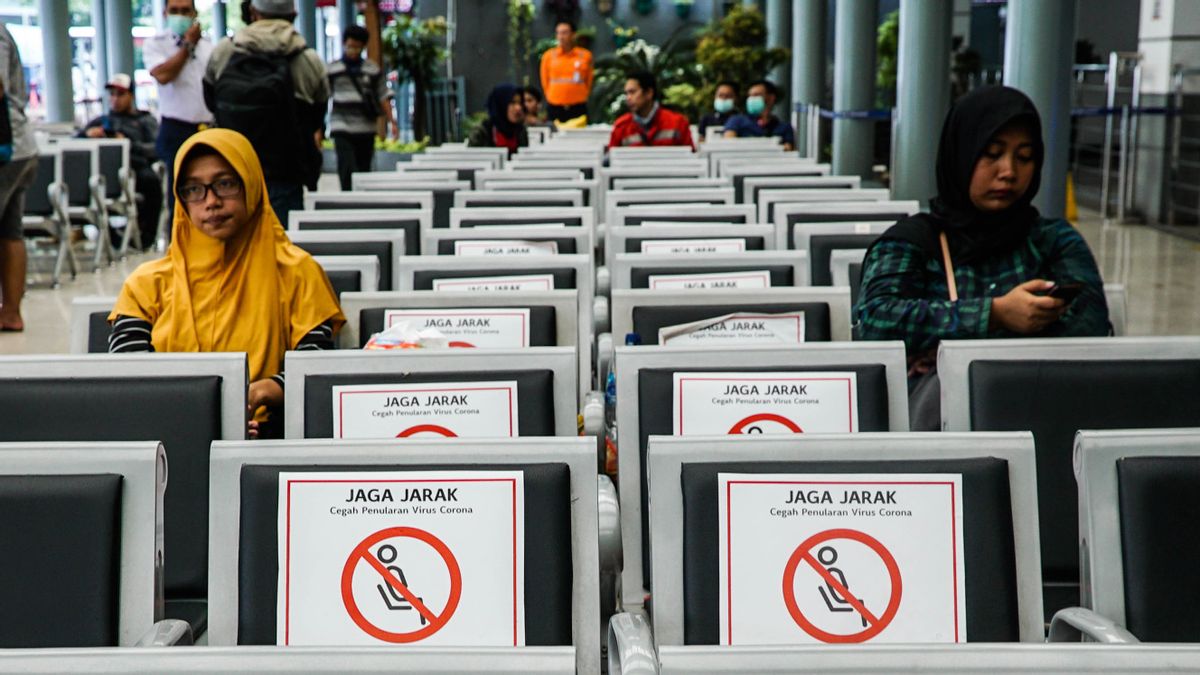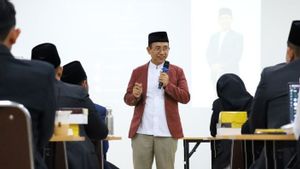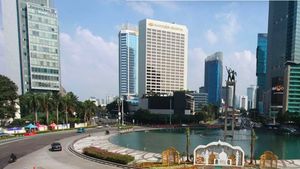JAKARTA - The government no longer urges the public not to go home, but has officially issued a ban on going home for the community. This ban aims to cut off the spread of the corona virus or COVID-19.
However, this policy has drawn mixed reactions. One of them, about how it will impact the Indonesian economy. Director of the Institute for Development of Economics and Finance (INDEF) Enny Sri Hartati said that the policy to ban the homecoming for Eid Al-Fitr or Eid has the potential to reduce the national economy. This is because the tradition which is carried out every year is usually a field for the growth of public consumption.
However, Enny said, there was no other way, this method must be carried out by the government to reduce the spread of the COVID-19 virus. Moreover, the number of positive patients with this virus continues to increase.
"This homecoming is usually an ammunition for economic growth, people's mobility will be followed by household consumption growth. But now our focus is on COVID-19," in a virtual discussion held by the Indonesian Consumers Foundation (YLKI) in Jakarta, Wednesday, April 22.
Enny said, if the government did not focus on stopping the spread of the COVID-19 virus, then this outbreak would not be over. Thus, the impact on economic recovery will also be long.
On the other hand, Enny said, the potential for people to do homecoming at this time has also decreased drastically. There are several factors causing this. One of them, civil servants have been prohibited from going home and the Lebaran holidays have been relocated to another time.
Then, continued Enny, informal sector workers had already made homecoming before the large-scale social restrictions (PSBB) and the ban on going home were issued.
Moreover, said Enny, with the enactment of the PSBB, public transportation experiences restrictions on operational and passenger capacity. This is also a factor for the community to discourage going home.
Enny said, currently the government's focus should really be on restricting the movement of people to travel, because community mobility is the main problem of spreading this virus. If this policy is not tightened immediately, it is feared that this pandemic will not end.
"If the government is not focused, ambiguous, we are worried, May, June alone will not be finished. If it is not finished, no one will be able to survive without income for the next two or three months," he said.
The English, Chinese, Japanese, Arabic, and French versions are automatically generated by the AI. So there may still be inaccuracies in translating, please always see Indonesian as our main language. (system supported by DigitalSiber.id)










